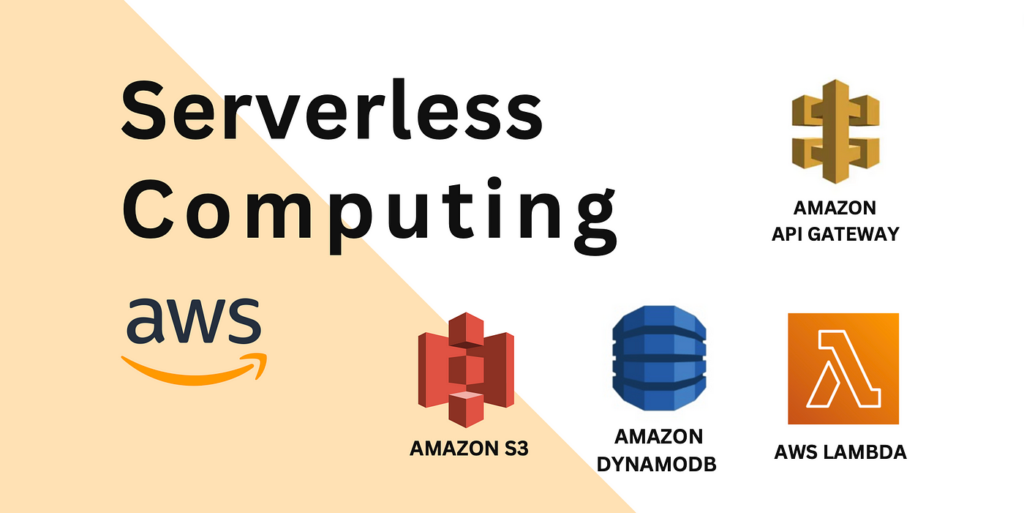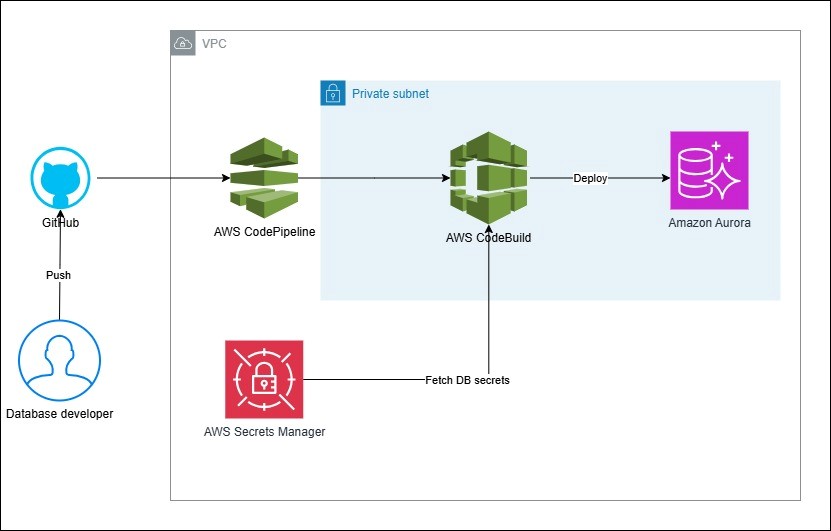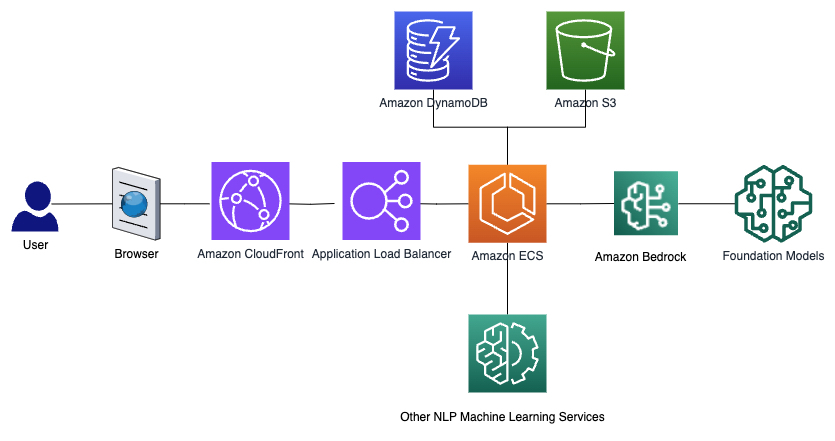Introduction:
The world of cloud computing is a dynamic and ever-evolving landscape, constantly propelled forward by innovative technologies. As businesses strive for agility, scalability, and efficiency, emerging technologies in the cloud are reshaping the way we perceive and utilize digital resources. In this blog, we will delve into some of the key emerging technologies driving the future of cloud computing.

- Serverless Computing: Traditional cloud computing involves managing and provisioning servers to handle workloads. However, serverless computing takes a leap forward by abstracting the infrastructure layer entirely. In a serverless model, developers focus solely on code, allowing cloud providers to automatically handle resource allocation and scaling. This approach enhances efficiency, reduces costs, and accelerates development cycles.
- Edge Computing:The rise of IoT (Internet of Things) devices and the demand for low-latency applications have propelled edge computing into the spotlight. Edge computing involves processing data closer to the source, reducing latency and improving overall performance. By distributing computing resources across the network’s edge, organizations can achieve faster response times and enhanced reliability.
- Quantum Computing:Quantum computing is poised to revolutionize cloud computing by leveraging the principles of quantum mechanics to perform complex calculations at speeds impossible for classical computers. While still in its infancy, quantum computing holds immense potential for solving complex problems in areas like cryptography, optimization, and machine learning, offering a new frontier for cloud-based applications.
- AI and Machine Learning Integration:The fusion of cloud computing with artificial intelligence (AI) and machine learning (ML) is unlocking unprecedented capabilities. Cloud platforms equipped with advanced AI services enable organizations to build, train, and deploy machine learning models at scale. This convergence empowers businesses to derive valuable insights from data, enhance decision-making processes, and automate tasks for increased efficiency.
- Blockchain in Cloud Security:As security concerns continue to be a top priority, the integration of blockchain technology in cloud computing is gaining traction. Blockchain provides a decentralized and tamper-resistant ledger, enhancing data integrity and security. This technology is particularly relevant for securing transactions, managing identities, and ensuring the trustworthiness of data stored in the cloud.
- 5G Networks:The rollout of 5G networks is set to transform cloud computing by providing faster and more reliable connectivity. With increased bandwidth and reduced latency, 5G enables seamless communication between cloud resources and end-users. This is particularly beneficial for applications that demand real-time responsiveness, such as augmented reality (AR), virtual reality (VR), and autonomous vehicles.
Conclusion:
The future of cloud computing is unfolding amidst a tapestry of emerging technologies, each contributing to a more versatile, efficient, and secure digital landscape. As businesses continue to embrace the cloud, staying informed and adopting these technologies will be crucial for maintaining a competitive edge. From serverless computing to the revolutionary power of quantum computing, the horizon of possibilities is vast, promising a new era of innovation in the world of cloud technology.





Leave a Reply